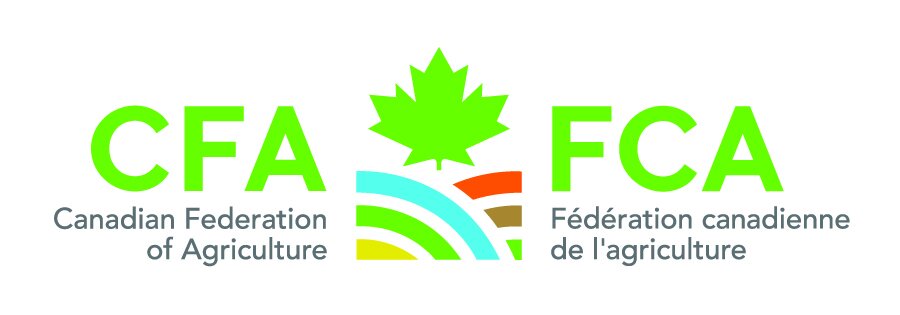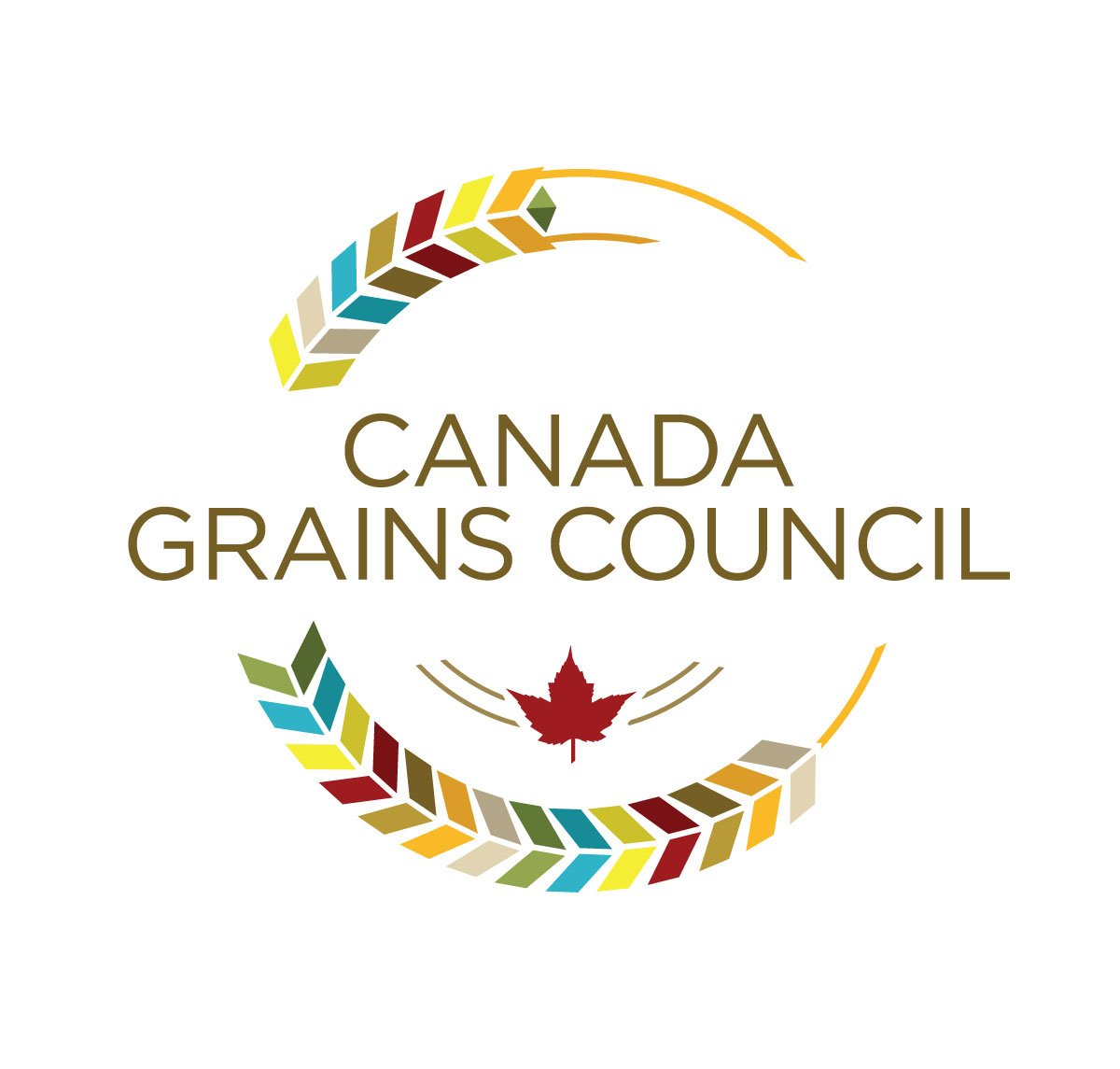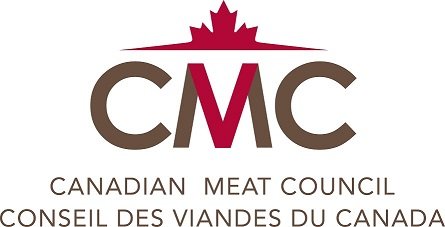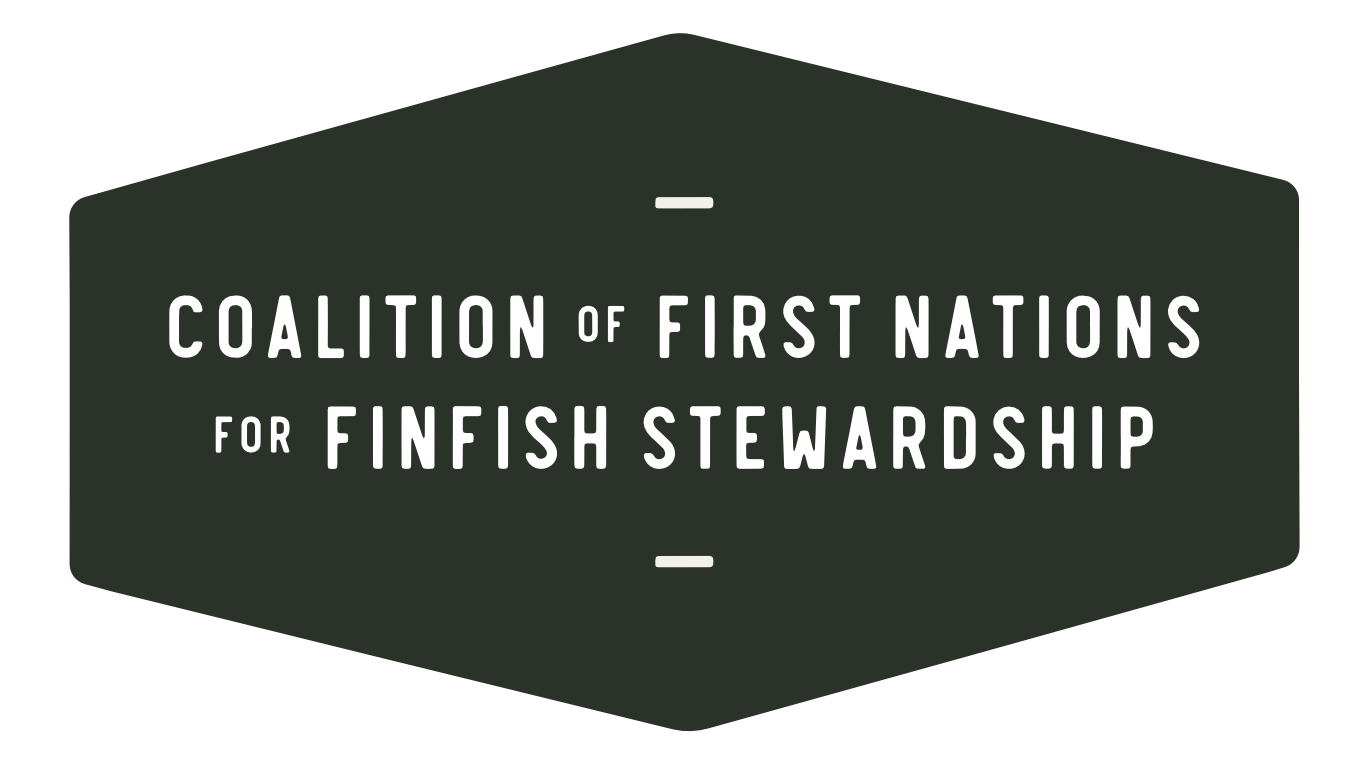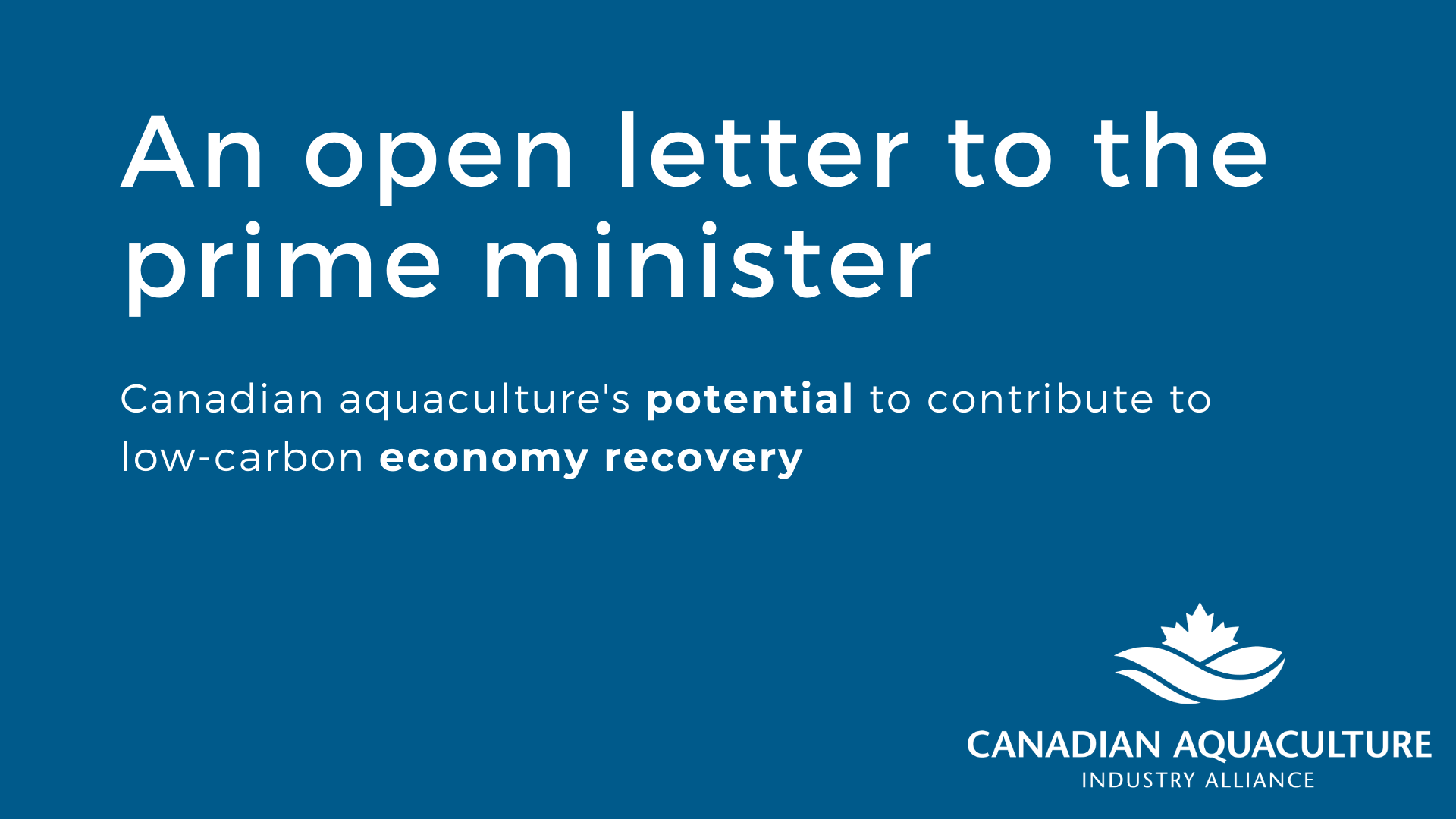Click here to download the letter to the Prime Minister
Dear Prime Minister:
In your December 13, 2019, mandate letter to the Hon. Bernadette Jordan, Minister of Fisheries, Oceans, and the Canadian Coast Guard, you requested that she lead the development of “a comprehensive blue economy strategy.” Your supplementary mandate letter of January 15, 2021, emphasized that Canada’s Blue Economy Strategy must recognize that “climate change still threatens our health, economy, way of life and planet. Clean growth is the best way to create good jobs and power our long-term economic recovery.”
Given this priority to drive post-COVID economic development through clean growth, the Canadian aquaculture industry has a central role to play in Canada’s Blue Economy Strategy and Canada’s low carbon future. Canadian aquaculture and fish processing activities already deliver significant economic benefits in Canada – mainly within rural and coastal communities where well-paying, full-time jobs are greatly in need. In 2018, farming and fish processing activities generated an estimated $6 billion in economic activity, $2.45 billion in GDP, and full-time jobs for almost 25,000 Canadians earning an estimated $1.14 billion in wages.
With Canada’s extensive coastline and biophysical capacity, Canadian aquaculture could make a much greater contribution to economic development. A recent paper by the multi-national High-Level Panel on a Sustainable Oceans Economy (HLP) estimated that investments in oceans economic activity can have an economic net positive benefit ratio of 5:1, while increasing production of sustainably sourced ocean-based proteins is 10:1.1.
Expanding Canadian aquaculture production would allow Canada to capitalize on the world’s rapidly increasing demand for seafood. The UN Food & Agriculture Organization projects that global seafood demand will increase 7-9% per year. With many wild fish stocks facing serious pressures, future growth in seafood demand will be largely met by aquaculture. Today, approximately half of all global seafood production for human consumption is farmed, and this is expected to rise to over 60% by 2030.
Importantly, the expansion of Canadian aquaculture to meet the increased global need for high quality protein would be fully compatible with your government’s requirement for clean growth. In fact, Canadian aquaculture has the smallest environmental footprint of all animal protein-producing
industries.
Farm-raised finfish, compared to terrestrial animal protein production:
Has a smaller carbon footprint
Produces less waste per kilogram of food produced
Requires less feed per kilogram of body weight gained
Has a lower freshwater requirement; and
Has a lower land requirement
Farmed shellfish further contribute to a healthy environment by:
Being the most efficient animal protein production, in terms of food conversion, carbon output, or water usage
Providing a long-term carbon sink and addressing ocean acidification by incorporating dissolved atmospheric carbon into shells
Improving water quality by removing particulates, excess nutrients, and organic material from the water column; and
Helping to control harmful algal blooms, such as red tide, by removing algal cells before they accumulate to harmful levels
Farmed seaweed has a negative carbon footprint, absorbing twenty per cent more carbon dioxide than it produces, as well as reducing excess nitrogen and phosphorus. As an animal feed, it also has great potential to reduce animal methane emissions.
As a result of aquaculture’s low carbon footprint, low land use, low freshwater consumption, and efficient feed conversion ratio, the HLP identified aquaculture production as a major solution towards a lower-carbon food future:
“The largest potential (carbon reduction) gains for food production lie in the sustainable expansion of marine aquaculture.”
(Expert Paper for the HLP, 2019)
This ability of aquaculture to support lower-environmental impact economic development is a key reason underlying the importance of seafood in the United Nations Sustainable Development Goals.
Canadian aquaculture ensures its environmental sustainability through regular monitoring of all sites using state-of-the-art computer modeling, water quality sensors, satellite imaging, and GIS technology coupled with sea floor sampling and video recording. Every aquaculture site must also adhere to a strictly enforced array of federal and provincial statutes, regulations, policies and guidelines. Farms often must also comply with numerous municipal, regional district, and First Nations’ land use and development regulatory instruments.
Many Canadian seafood farmers surpass government environmental standards by achieving certification through independent, globally recognized certification systems, that cover environmental, social, food safety, full traceability and animal welfare. Canadian farm-raised seafood is certified or recognised by:
Aquaculture Stewardship Council (ASC)
Global Aquaculture Alliance Best Aquaculture Practices 4 Star Program (BAP)
Canadian General Standards Board Aquaculture Organic Production Standards
The Coller-FAIRR Index, a global ranking of publicly-traded food protein producers, has a Canadian-producing salmon company in the top spot, and three others among the top ten. Canada’s farmed salmon is close to 100% certified to internationally recognised ASC and BAP standards. Farmed salmon (BC), trout, mussels, oysters, arctic char and sablefish have also been recognized by Monterey Bay Aquarium, Seafood Watch, and Ocean Wise.
Committed to continual improvement, there is certainly more to be done to expand transparency, innovation and partnership to be the very best sustainable seafood producers in the world. Given aquaculture’s tremendous capacity to support low environmental impact economic development, the Canadian aquaculture industry is committed to working with you to realize the full potential of Canada’s Blue Economy Strategy.
To realize this opportunity, our sector once again asks you to formally identify a federal department to champion our sustainable growth, and for this department to develop a plan and sustainable growth strategy. We ask for your government’s support on these key issues that are major blocks for our sector’s further development.
Sincerely,
Timothy J. Kennedy
President & CEO
Canadian Aquaculture Industry Alliance
CC:
Hon. Bernadette Jordan, PC, MP, Minister of Fisheries, Oceans and the Canadian Coast Guard
Hon. Chrystia Freeland, PC, MP, Deputy Prime Minister and Minister of Finance
Hon. Dominic LeBlanc, President of the Queen’s Privy Council for Canada and Minister of Intergovernmental Affairs
Hon. Jonathan Wilkinson, PC, MP, Minister of Environment and Climate Change Canada
Hon. Mélanie Joly, Minister of Economic Development and Official Languages
Hon. François-Philippe Champagne, PC, MP, Minister of Innovation, Science and Industry
Hon. Marie Claude Bibeau, PC, MP, Minister of Agriculture and Agri-Food
Hon. Carolyn Bennett, PC, MP, Minister of Crown-Indigenous Relations
Hon. Mary Ng, Minister of Small Business, Export Promotion and International Trade
Other Key Federal Ministers and Parliamentary Secretaries engaged with the Blue Economy Strategy
Premiers and Lead Ministers for NL, NS, NB, PEI, QC, ON, BC
Mr. Erin O’Toole, PC, MP, Leader of the Official Opposition
Mr. Richard Bragdon, MP, Critic to the Minister of Fisheries & Oceans
Mr. Pierre Poilievre, MP, Critic to the Minister of Finance
Mr. Jagmeet Singh, Leader of the New Democratic Party











